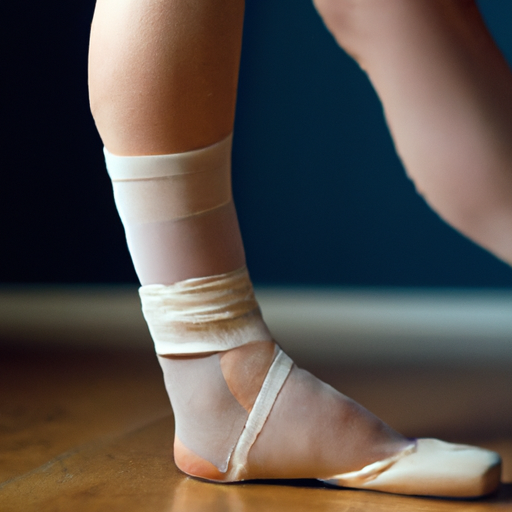
Tights in Ballet: The Unsung Hero of Dance Wear
Share
We all know that ballet is a demanding discipline, and not only when it comes to mastering the intricate movements, but also in terms of the required ballet outfit. One of the most critical components of a ballerina's ensemble is the ballet tights, a type of close-fitting legwear that provides flexibility, breathability, and durability. In this article, we will explore all you need to know about ballet tights, from their materials to their different types and frequently asked questions.
What are ballet tights?
Ballet tights are a type of legwear that is designed to fit closely to the body while providing support and flexibility. They are specifically made for ballet dancers but have also become a popular choice for anyone interested in physical activity, yoga, or dance classes. Ballet tights differ from regular tights because they are made of fabric that allows breathability and moisture-wicking to keep the dancer cool during their performance.What materials are ballet tights made of?
Ballet tights can be made from a variety of materials, including nylon, lycra, polyester, cotton, and spandex. Most ballet tights are made with a combination of nylon and lycra because they offer excellent strength, elongation, and durability while being lightweight and breathable. Cotton is also a popular material for ballet tights because of its soft texture and moisture absorption capabilities.What are the different types of ballet tights?
There are two main types of ballet tights: footed and convertible. Footed ballet tights cover the entire foot and are ideal for wearing with ballet shoes, while convertible tights come with a hole or flap that can be pulled over the dancer's toes, allowing them to wear them with open-toe ballet shoes. Some dancers prefer convertible tights because they allow better grip and prevent slipping compared to regular footed tights. Other types of ballet tights include stirrup tights, which have a hole for the dancer's heel, and seamless tights that have no seams or stitching for a smoother look.Frequently asked questions about ballet tights
How do I choose the right size of ballet tights?
The best way to determine your ballet tights' size is to measure your height and weight and check a size chart provided by the brand you are purchasing from. It's important to ensure the tights aren't too tight, which could restrict movement and cause discomfort, nor too loose, which won't provide enough support.How do I care for my ballet tights?
To get the most out of your ballet tights, it's essential to follow the instructions on the label. Most ballet tights are machine washable, but it's crucial to avoid using bleach or fabric softeners that could damage the material. Additionally, always air dry your tights instead of using the dryer to prevent shrinkage and misshaping.Can men wear ballet tights?
Yes, they can! Ballet tights are not gender-specific, and anyone can wear them, regardless of their age, gender, or body type. However, men often prefer to wear dance belts to provide support and avoid revealing their genitalia while wearing ballet tights. In conclusion, ballet tights are an essential part of a dancer's ensemble. They provide the necessary support, flexibility, and breathability while adding a perfect finishing touch to any ballet outfit. Choosing the right size, material, and type of ballet tights is vital to ensure a comfortable, confident, and beautiful performance. With these tips and frequently asked questions in mind, you are now all set to rock your next ballet class or performance.Related Posts
-

5 Essential Tips for Online Dance Makeup Success
You're about to discover the secrets to a thriving online dance makeup presence. First, establish a strong online fou...
-

Get Moving: Dance Charades Cards Energize Fun
Dance Charades Cards are the ultimate party sparkplug, igniting a fun-filled frenzy of energetic excitement, funky mo...

